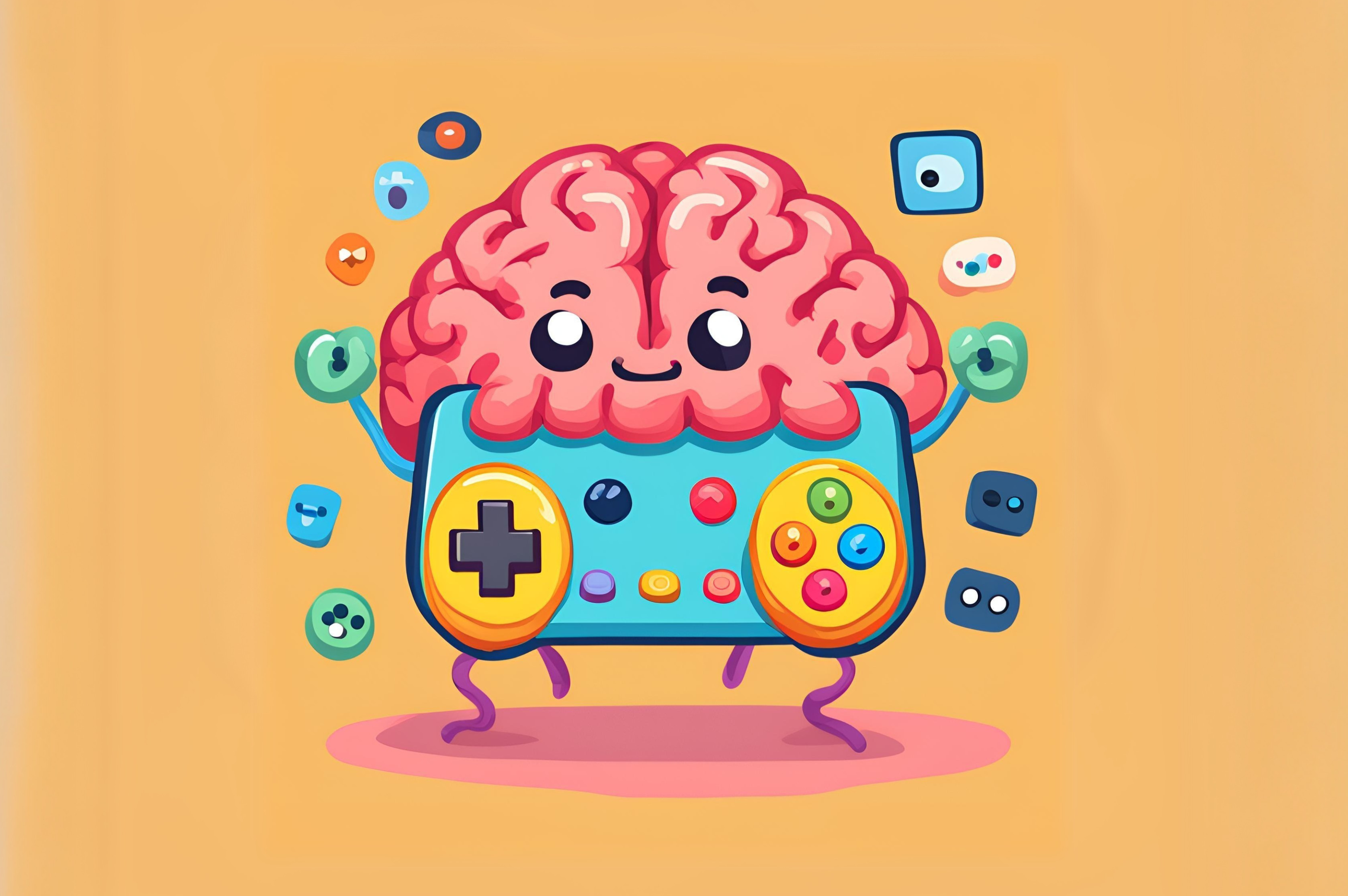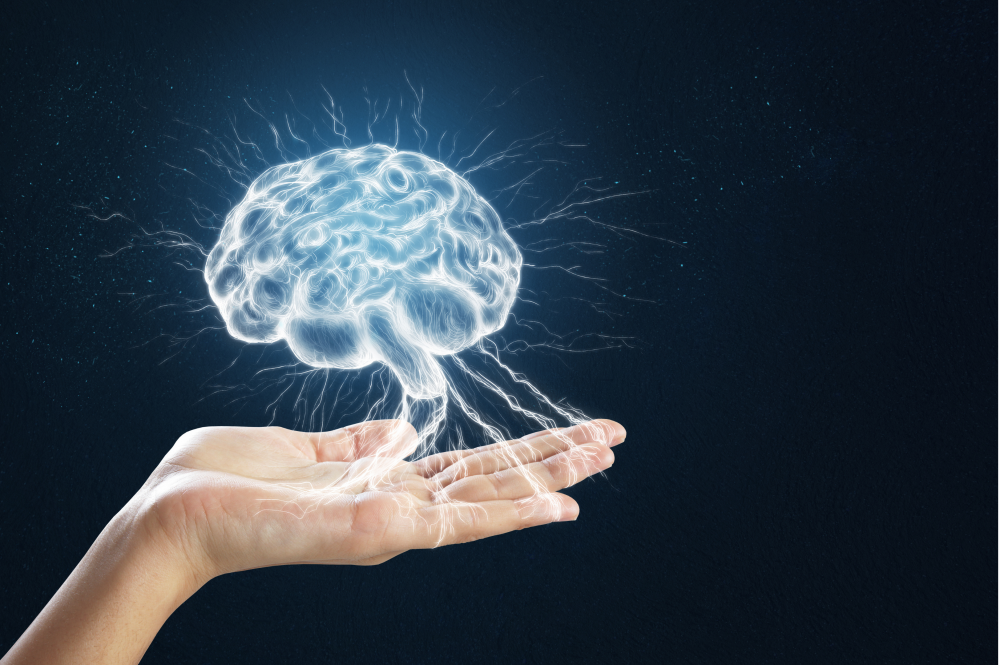
Video games often take a bad rap, but there’s more to them than meets the eye. Dive into the world of controllers and screen time, and you’ll find there’s a lot happening beneath the surface. What about the mental health benefits that everyone’s been buzzing about?
When you swap reality for a virtual one, it’s not just about escaping—it can be about managing tough emotions and finding a sense of purpose. Yep, games might turn out to be more than pixelated entertainment. They often offer players a chance to work through challenges that, in a strange way, reflect real life. This digital realm offers a safe space to explore emotions like frustration, excitement, and joy—without the risks they carry in the physical world.
But don’t just take my word for it. Some pretty neat research studies back this up. Researchers have noticed improvements in mood and reductions in stress among regular gamers. It’s like the games are tapping into a part of the brain that offers this therapeutic release. And let’s face it, who doesn’t feel a bit better after stacking up those high scores?
At this point, if you’re thinking of games as just a way to pass the time, think again. There’s a lot of potential here for enhancing mental health when approached with the right mindset. So next time someone tells you video games are just wasting time, you’ve got some solid points to counter that argument.
The key is to engage mindfully. Too much of a good thing can tip the scales into a negative zone, so knowing where to draw the line is crucial. But lean into those virtual worlds a bit, and they might just surprise you with their beneficial side.
Gaming Hours: When Does Play Become Problematic?
Getting lost in a virtual world can be a blast, but how do you know when you’re gaming a bit too much? It’s a question that puzzles gamers and parents alike. Striking the right balance between fun and an addictive habit is crucial to keep the joys of gaming in check.
When you’re gaming, losing track of time is pretty common. But when does it cross the line into something that might be considered addictive? According to experts, gaming addiction isn’t necessarily about an exact number of hours. Instead, it’s more about how gaming affects your life. If you find the rest of your daily activities falling apart because you’re glued to the screen, it might be time to reassess.
To spot the red flags, look for signs like neglecting responsibilities, ignoring friends outside of the gaming world, or feeling restless when you’re not playing. If these sound familiar, it might be worth reflecting on your gaming habits. Awareness is a powerful tool, and recognizing these signs can help you take back control.
But don’t stress out if you spend a few hours on a game here and there. Not all gaming habits are problematic, and many gamers thrive on balancing their hobbies with everyday life. Keeping an open dialogue with friends and family can help you gauge where you stand. If you’re worried, there are always resources out there to guide you back to a healthier gaming balance.
Unpacking the Positive Effects of Video Gaming
Video games have come a long way from the simple pixelated fun of the past. Today, they offer a variety of positive effects that might surprise you. Forget those outdated stereotypes of gamers as lonely hermits—there’s a lot more going on.
- Enhanced Cognitive Skills – one impressive thing about video games is how they boost cognitive skills. Whether you’re solving puzzles, building strategies, or navigating complex worlds, these games are like brain workouts disguised as entertainment. Just think about the problem-solving and quick decision-making involved in many games. These skills often transfer to real-world situations, making gamers sharper thinkers.
- Bringing People Together – the online worlds are buzzing with communities that form around shared interests and cooperative gameplay. Friends made in virtual landscapes can turn into meaningful social bonds, offering support and camaraderie. So, while you might be playing miles apart, the connections are real.
- Maintaining Positive Moods – when asked about the positive effects of playing video games, fans often mention the sheer joy it brings. Engaging stories, creative experiences, and a chance to unwind can significantly enhance one’s mood. With varied genres, there’s something out there for everyone—from adrenaline-pumping action to soothing simulation games.
So, embracing the positive aspects of video gaming isn’t just about clocking hours on your favorite title. It’s about engaging your mind, building social networks, and diving into experiences that enrich your everyday life. Gaming holds the potential to be a positive force if approached with the right perspective.
Stress Relief Through Gaming: How and Why It Works

Gaming might just be the secret weapon you never knew you had for stress relief. When life gets a bit too overwhelming, jumping into a favorite virtual world offers an escape that calms the mind and recharges the spirit. But what’s really happening in your brain during these moments?
- Redirects Concentration – diving into a video game can shift your focus away from daily stresses, allowing your mind to take a breather. Instead of ruminating on your worries, you’re suddenly tasked with quests and puzzles that demand your attention and concentration. It’s this immersion that causes a break from anxiety, offering a sort of reset button for your brain.
- Releases Feel-Good Brain Chemicals – scientific studies suggest that these interactive experiences can increase the production of feel-good chemicals like dopamine—much-needed allies when tackling stress. This chemical surge can improve your mood, giving you a temporary reprieve from the concerns that might otherwise weigh you down.
Of course, I’m not saying video games should be your only stress-relief strategy. Balance remains key. Mixing gaming sessions with other relaxation techniques, like physical exercise or meditation, provides a well-rounded approach to managing stress.
Incorporating gaming as part of your stress-management toolkit opens up new ways to tackle life’s challenges. So, if you’re finding yourself overwhelmed, a little game time might just be what the doctor ordered. Just remember to keep it balanced with the other healthy habits in your life.
Harnessing the Positive Impact: Practical Tips for Gamers
We’ve seen how gaming can boost mental health, but how do you make sure you’re reaping all the benefits without tipping into the negative zone? It’s all about finding your gaming groove and keeping a healthy balance.
- Consider setting some gaming boundaries – think of it like setting limits on screen time, but without feeling like a chore. This might mean deciding which hours or which days are your go-to gaming times, leaving ample room for other activities in your life.
- Be intentional about your game choices – not all games serve the same purpose, so mix it up based on what you need. Feeling stressed? Pick something relaxing. Want a challenge? Maybe a strategy game is your best bet.
- Dive into gaming communities for a boost in social interaction – especially if you can connect with friends and make new ones. Just remember, like any online space, it’s important to stay positive and respectful.
- Don’t forget to look after your physical well-being – regular breaks and stretching are as crucial as leveling up your character. This keeps your body in check and ensures gaming remains a fun part of your lifestyle.
By weaving these strategies into your gaming routine, you create a space where video games enhance your well-being rather than detracting from it. This approach helps you capitalize on the benefits we’ve talked about, ensuring gaming remains an enriching part of your life!
